B Vitamins and Brain Health: Foods That Boost Your Cognitive Function
Your brain, the command center of your body, is a power-guzzler, consuming a staggering 20% of your daily energy intake. What fuels this intricate machinery? The answer is the food we consume.
Specifically, specific nutrients, like B vitamins, profoundly impact our brain’s health and cognitive function. The intricate dance between B vitamins and our minds is a fascinating journey, with each vitamin playing its unique role. Yet, many of us remain unaware of these nutrients’ essential importance and how easily we can nourish our brains with the right foods.
Let’s embark on a delicious journey together, exploring the world of B vitamins, their vital role in brain health, and how to boost your cognitive function one bite at a time.
Understanding B Vitamins and Their Role in Brain Health
The B vitamins are a group of eight water-soluble vitamins that play a critical role in maintaining good health and well-being. When it comes to brain health, B vitamins take center stage. They are intimately involved in brain function, pivotal in everything from energy production to DNA repair.
Energy Production
The brain requires significant energy to function effectively. B vitamins, including B1, B2, B3, B5, B6, and biotin, are essential co-factors in the metabolic process of converting food into energy.
Neurotransmitter Synthesis and Regulation
B vitamins like B6, B9, and B12 are crucial for synthesizing and regulating neurotransmitters, the chemical messengers that facilitate communication between neurons. For instance, B6 is required to produce serotonin and dopamine, neurotransmitters that regulate mood, stress, and alertness.
Brain Cell Health
B vitamins, especially B9 and B12, produce and maintain the protective covering of neurons, known as the myelin sheath. This covering speeds up the transmission of electrical signals, enabling optimal brain function.
Homocysteine Metabolism
Elevated levels of amino acid homocysteine have been associated with brain disorders, including dementia and cognitive impairment. B vitamins, particularly B6, B9, and B12, are critical players in the regulation and breakdown of homocysteine.
DNA Repair and Brain Development
B vitamins like B9 and B12 contribute to the formation and repair of DNA, a fundamental brain development and function process.
Collectively, these roles underscore the importance of B vitamins in supporting brain health and cognitive function. Ensuring an adequate intake of these vitamins can have profound implications for our mental and emotional well-being.
Detailed Examination of Key B Vitamins
B1 (Thiamine)
Thiamine is essential for glucose metabolism, providing brain energy. It also plays a crucial role in the conduction of nerve signals. Thiamine deficiency can lead to a disease called beriberi that affects multiple organ systems, including the nervous system. Foods rich in thiamine include whole grains, meat, and fish.
B3 (Niacin)
Niacin is involved in DNA repair and producing certain stress-related hormones in the adrenal glands. Niacin deficiency can lead to pellagra, characterized by dementia, diarrhea, and dermatitis. Foods high in niacin include meat, fish, and whole wheat.
B5 (Pantothenic Acid)
This vitamin is essential for synthesizing coenzyme A, a key molecule in the metabolism of fats and carbohydrates for energy production. It’s found in nearly all foods, with whole grains, meat, and legumes being particularly rich sources.
B6 (Pyridoxine)
B6 is crucial for synthesizing neurotransmitters, including serotonin and dopamine, and homocysteine metabolism. Deficiency can result in anemia, depression, and high blood pressure. Foods high in B6 include chickpeas, tuna, salmon, and chicken.
B9 (Folate)
Folate is critical for the synthesis and repair of DNA, and the methylation processes affect neurotransmitter synthesis. Folate deficiency can lead to macrocytic anemia and elevated homocysteine levels, a risk factor for dementia. Folate is abundant in green leafy vegetables, beans, peas, and nuts.
B12 (Cobalamin)
B12 is essential for maintaining the nervous system and homocysteine metabolism. B12 deficiency can lead to megaloblastic anemia and cognitive impairment. Foods high in B12 are typically of animal origin, including fish, meat, poultry, eggs, milk, and milk products.
Impact of B Vitamin Deficiencies on Brain Health
Insufficient B vitamin intake can seriously affect brain health and cognitive function. It’s important to understand these impacts as they underline the critical role of diet in mental well-being.
Neurological and Psychiatric Disorders
Deficiencies in certain B vitamins, particularly B1, B3, B6, B9, and B12, are known to cause neurological and psychiatric disorders. These include memory loss, depression, anxiety, and irritability.
In severe cases, deficiencies can lead to more serious conditions like pellagra (due to B3 deficiency) and beriberi (due to B1 deficiency), which include cognitive impairment and delirium among their symptoms.
Increased Homocysteine Levels
Low B6, B9, and B12 levels contribute to elevated homocysteine levels. High homocysteine levels have been associated with an increased risk of cognitive decline, Alzheimer’s disease, and vascular dementia.
Impaired Energy Production
Since many B vitamins play a crucial role in energy production in brain cells, deficiencies can lead to decreased energy production and impaired brain function. This can manifest as mental fatigue, brain fog, and reduced cognitive capacity.
Compromised Myelin Sheath
A deficiency in B12 and B9 can compromise the health of the myelin sheath, the protective covering of neurons. This could lead to slowed transmission of electrical signals, affecting brain communication and potentially leading to neurological conditions like multiple sclerosis.
Tips for Incorporating More B Vitamins into Your Diet:
Increasing your intake of B vitamins can be a delicious journey of exploring diverse foods. Here are some ways to ensure you’re getting enough of these brain-boosting nutrients:
- Variety is Key: The first rule of thumb is to eat a varied diet. Each B vitamin is found in different food groups in varying amounts. Incorporating a wide range of foods into your meals will make you more likely to meet your B vitamin needs.
- Whole Foods First: Prioritize whole foods over processed ones. Whole grains, lean meats, fruits, and vegetables are typically high in B vitamins. In contrast, processed foods often have lower nutrient content.
- Go for Greens: Dark, leafy greens like spinach, kale, and Swiss chard are packed with B vitamins, particularly folate (B9). Add a side salad to your meals, or blend them into a green smoothie for a nutrient-packed breakfast.
- Lean Proteins: Lean meats, fish, and poultry are excellent sources of several B vitamins, including B3, B6, and B12. For vegetarians and vegans, legumes, whole grains, and fortified foods can help meet these needs.
- Don’t Forget the Dairy: Dairy products are a good source of B12, a nutrient primarily found in animal products. Whether lactose intolerant or vegan, fortified plant-based milks can be a good alternative.
- Nutrient-Packed Snacks: Snack smart with nutrient-rich options like nuts and seeds containing several B vitamins. They’re also packed with healthy fats, making them an excellent snack choice.
- Healthy Cooking Methods: Opt for cooking methods that preserve the nutrient content of food. For example, steaming or roasting vegetables instead of boiling them can help retain more B vitamin content.
- Fortified Foods: Fortified foods like breakfast cereals and plant-based milks can be useful for getting additional B vitamins, especially for those on restricted diets.
Supplementing B Vitamins: When and Why?
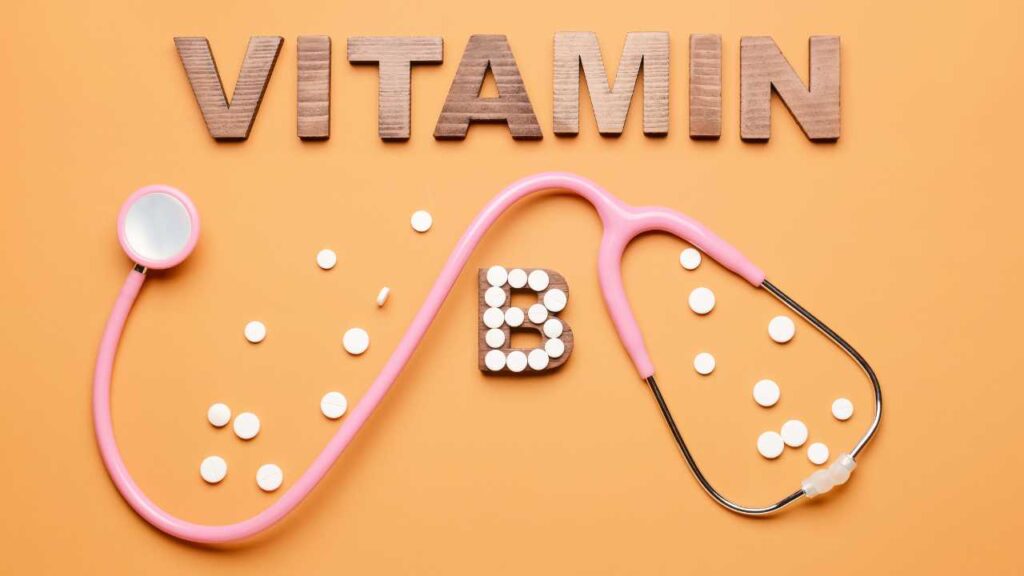
While getting your B vitamins from a varied and balanced diet is ideal, there are certain circumstances where supplementation may be necessary.
Age
As we age, our body’s ability to absorb certain nutrients, particularly vitamin B12, may decrease. Thus, older adults may benefit from a B12 supplement.
Vegetarian and Vegan Diets
Since B12 is primarily found in animal products, those following a vegetarian or vegan diet might struggle to get enough of this essential nutrient and may require supplementation.
Certain Health Conditions
Some conditions like celiac disease or Crohn’s disease can affect the body’s ability to absorb B vitamins. Additionally, certain medications can also interfere with vitamin absorption.
Pregnancy and Lactation
Pregnant and breastfeeding women have increased nutritional needs. Folate is particularly crucial during pregnancy to prevent neural tube defects in the developing fetus.
If you fall into one of these categories or suspect you’re not getting enough B vitamins, discussing this with a healthcare professional is essential. They can evaluate your needs, consider your overall health, and recommend an appropriate dietary plan or supplement.
When choosing a supplement, look for a reputable brand that has undergone third-party testing for quality and purity. Remember, while B vitamins are water-soluble and excess amounts are typically excreted, extremely high doses of certain types, like B6, can be harmful.
Therefore, following the recommended dosage and monitoring your levels with a healthcare professional is crucial.
Conclusion
B vitamins are indeed the brain’s best friends. They play a crucial role in energy production, neurotransmitter synthesis, and maintaining the overall health of our brain cells.
While deficiencies can seriously affect brain health, a diet rich in these vitamins can profoundly benefit cognitive function and mental well-being.
Whether through a varied diet or the prudent use of supplements under medical guidance, ensuring an adequate intake of these vital nutrients is a decisive step towards a sharper, healthier brain.
Remember, your diet is a key part of your mental health strategy – make it count!

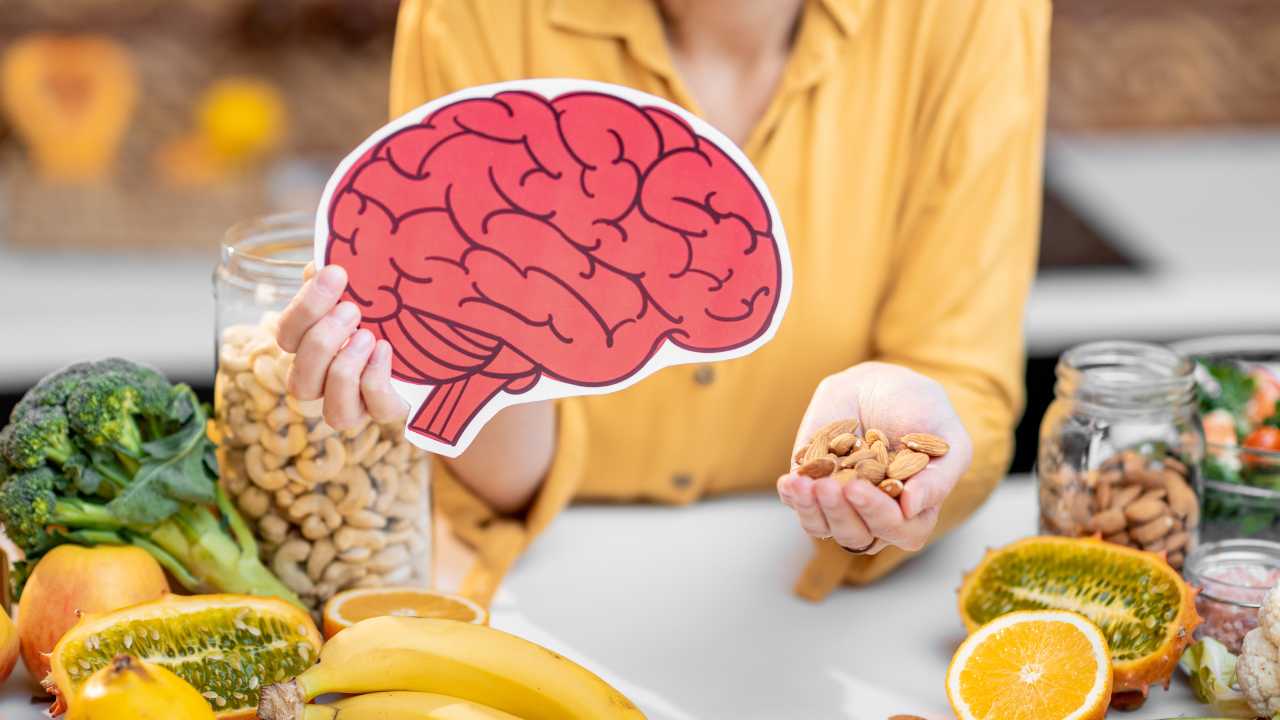




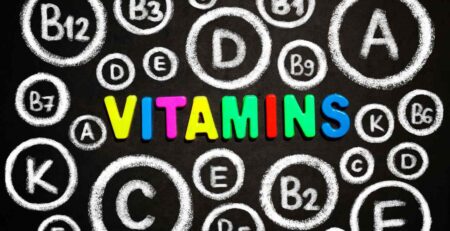
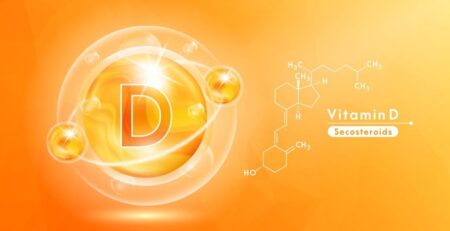


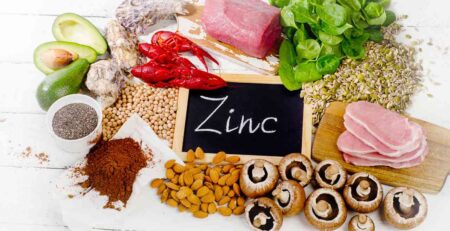

Leave a Reply